Co-Conspirators to War Crimes
"Our fearless TV journalists did not break the story.
CNN had it, but, according to Damon, didn't realize it.
Journalists like Dahr Jamail have been calling attention to many massacres that have gone mostly unreported -- even when US journalists were there, like at Fallujah, which was played up for its drama and gun battles, but never fully contextualized or focused on the vast civilian casualties.
When atrocities occur, they are invariably described as 'mistakes,' rarely crimes. What this means is that many media organizations are acting as accessories. War crimes often lead to media crimes and vice versa.
England's Media Lens discusses this same phenomenon in the UK:
'US defense secretary Donald Rumsfeld told US news channels that the allegations are being investigated thoroughly and would be handled 'in the normal order of things.'
The Times (London) notes that:
'the damage limitation has already begun.'
The paper explains:
'Lawyers who have talked to the Marines emphasize the extreme pressure that they were facing that day. The insurgents had mounted a wave of attacks, and the town was one of the most dangerous in Iraq for US troops.' (Ali Hamdani, Ned Parker, Nick Meo and Tom Baldwin, 'The Marines and a 'massacre' in Iraq,' The Times, May 27, 2006)
'Damage limitation includes shifting blame back on to the Iraqis: 'Marine officers have long been worried that Iraq's deadly insurgency could prompt such a reaction by combat teams.' (Perry and Barnes, op. cit.)
Andrew Murray, chair of the Stop the War Coalition, said:
'It's clear that what happened in Haditha is a war crime. It would be idle to think this is the first war crime that has been committed in the last three years. It must be assumed that more of this is going on.' (Raymond Whitaker, 'The massacre and the Marines,' Independent on Sunday, May 28, 2006)
So there you have the kind of discussion ignore"
Media Crimes Sanitize War Crimes
CNN had it, but, according to Damon, didn't realize it.
Journalists like Dahr Jamail have been calling attention to many massacres that have gone mostly unreported -- even when US journalists were there, like at Fallujah, which was played up for its drama and gun battles, but never fully contextualized or focused on the vast civilian casualties.
When atrocities occur, they are invariably described as 'mistakes,' rarely crimes. What this means is that many media organizations are acting as accessories. War crimes often lead to media crimes and vice versa.
England's Media Lens discusses this same phenomenon in the UK:
'US defense secretary Donald Rumsfeld told US news channels that the allegations are being investigated thoroughly and would be handled 'in the normal order of things.'
The Times (London) notes that:
'the damage limitation has already begun.'
The paper explains:
'Lawyers who have talked to the Marines emphasize the extreme pressure that they were facing that day. The insurgents had mounted a wave of attacks, and the town was one of the most dangerous in Iraq for US troops.' (Ali Hamdani, Ned Parker, Nick Meo and Tom Baldwin, 'The Marines and a 'massacre' in Iraq,' The Times, May 27, 2006)
'Damage limitation includes shifting blame back on to the Iraqis: 'Marine officers have long been worried that Iraq's deadly insurgency could prompt such a reaction by combat teams.' (Perry and Barnes, op. cit.)
Andrew Murray, chair of the Stop the War Coalition, said:
'It's clear that what happened in Haditha is a war crime. It would be idle to think this is the first war crime that has been committed in the last three years. It must be assumed that more of this is going on.' (Raymond Whitaker, 'The massacre and the Marines,' Independent on Sunday, May 28, 2006)
So there you have the kind of discussion ignore"
Media Crimes Sanitize War Crimes
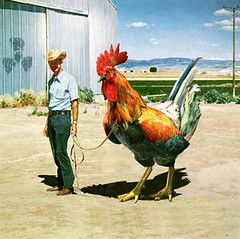
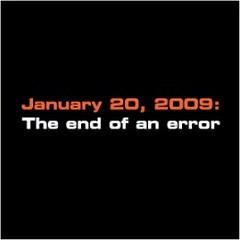

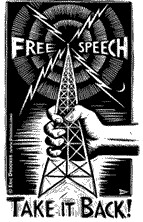
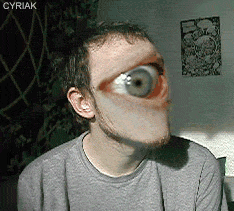
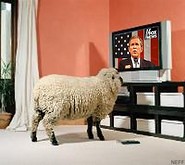




0 Comments:
Post a Comment
<< Home